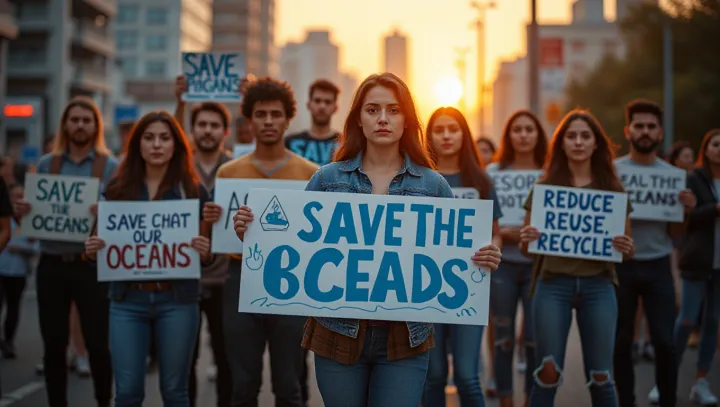Plastic Pollution: A Global Crisis

In the bustling streets of New York City, the remnants of a modern convenience persistently contribute to a mounting crisis that transcends global boundaries. Plastic pollution has burgeoned into an alarming environmental disaster, impacting not only bustling urban landscapes but reaching the depths of remote ocean waters. Leading environmental scientists emphasize the dire consequences plastic pollution imposes on both terrestrial and marine ecosystems.
Marine wildlife, including turtles and seabirds, often mistake plastic debris for food, resulting in dire health consequences and increasing mortality rates. Human health is not immune to this crisis. Microplastics have infiltrated water sources and the food chain, posing potential long-term health risks.
As plastic production continues its upward trajectory, the urgency for policy intervention and public awareness has never been more pressing. Environmental advocates, such as Dr. Jane Smith of the Environmental Protection Agency, call for stringent regulations and innovative approaches to curb plastic production and promote recycling.
'It's not just an environmental issue, it's a humanitarian one,' she asserts. Addressing plastic pollution requires collective action and heightened global consciousness. From reducing personal plastic consumption to supporting legislation aimed at downscaling plastic dependency, individuals can play a pivotal role in mitigating the adverse effects of this pervasive pollutant.
